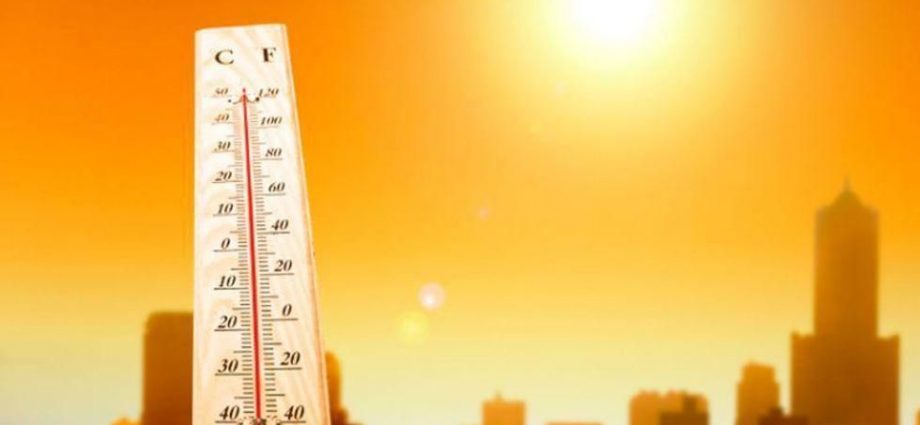TUESDAY, July 27, 2021 (HealthDay News) — Midsummer heat and high humidity aren’t just uncomfortable — they’re a combo that can cause serious illness and even death.
“Whenever you walk or do outdoor activity, take a friend with you who can help you if you run into trouble,” Dr. Eleanor Dunham advised. She’s an emergency medicine doctor at Penn State Health Milton S. Hershey Medical Center in Hershey, Pa.
Babies and seniors are at higher risk for heat-related illnesses because they don’t regulate their core temperature well, Dunham warned. Others at high risk include folks with chronic conditions such as diabetes, high blood pressure, congestive heart failure and depression. That’s because of their overall health status and medications they may take.
But heat-related illness can strike anyone. It’s important to know what to watch for: Heat cramps — muscle spasms that most often occur in the stomach, hands, arms, legs or back — are often the first sign of heat-related illness.
If you develop heat cramps, sit down, drink fluids and move to a cool, preferably air-conditioned place indoors, Dunham suggested. Apply cold compresses or take a cool shower.
If cramps are accompanied by nausea, dizziness, fainting, vomiting or headaches, you may have heat exhaustion. Get inside, sip water and rest. Use cold compresses or take a cool shower after symptoms subside.
“If you recognize heat exhaustion early enough, you can cool yourself down and prevent a trip to the emergency room,” Dunham said in a Penn State Health news release. “But if your symptoms don’t go away for an hour or start getting worse, you may need an intravenous drip to help your body replenish its fluid and electrolyte levels.”
Heat stroke is the most serious heat-related illness and can be deadly. Symptoms include confusion, hot and dry skin, an inability to sweat and a body temperature of 103 degrees Fahrenheit or higher.
If someone has these symptoms, call 911 and move the person to a cooler place. If the person is confused, don’t offer water because they may not be able to swallow it properly, Dunham said. Emergency personnel will administer IV fluids when they arrive.
The best way to avoid danger is the also the simplest one: Stay indoors on the hottest days. Move regular outdoor workouts indoors, either at home or at an air-conditioned gym. Or go for a walk at a shopping mall.
If you must venture outdoors, Dunham suggests that you:
- Drink water or low-sugar sports drinks. Avoid alcohol, caffeine or sugary drinks, which can dehydrate.
- Wear loose, cool clothing and use a cool mist spray.
- Stay out of the sun during the hottest time of day (usually between 10 a.m. and 2 p.m.).
If you’re going to be outside for a while, take along frozen plastic water bottles. Place them behind your neck, on your forehead or cheeks to cool down, Dunham recommended.
Each year, there are about 700 heat-related deaths in the United States, according to the U.S. Centers for Disease Control and Prevention.
More information
The U.S. National Institutes of Health has more on staying safe in the summer.
SOURCE: Penn State Health, news release, July 21, 2021
Copyright © 2026 HealthDay. All rights reserved.

